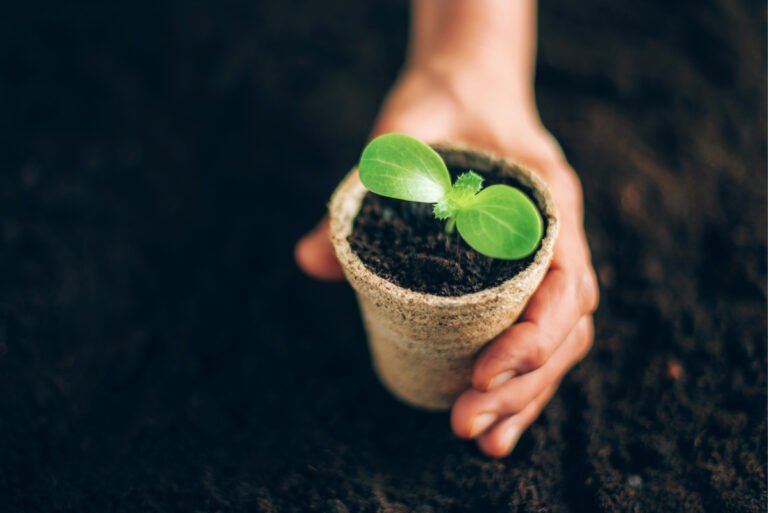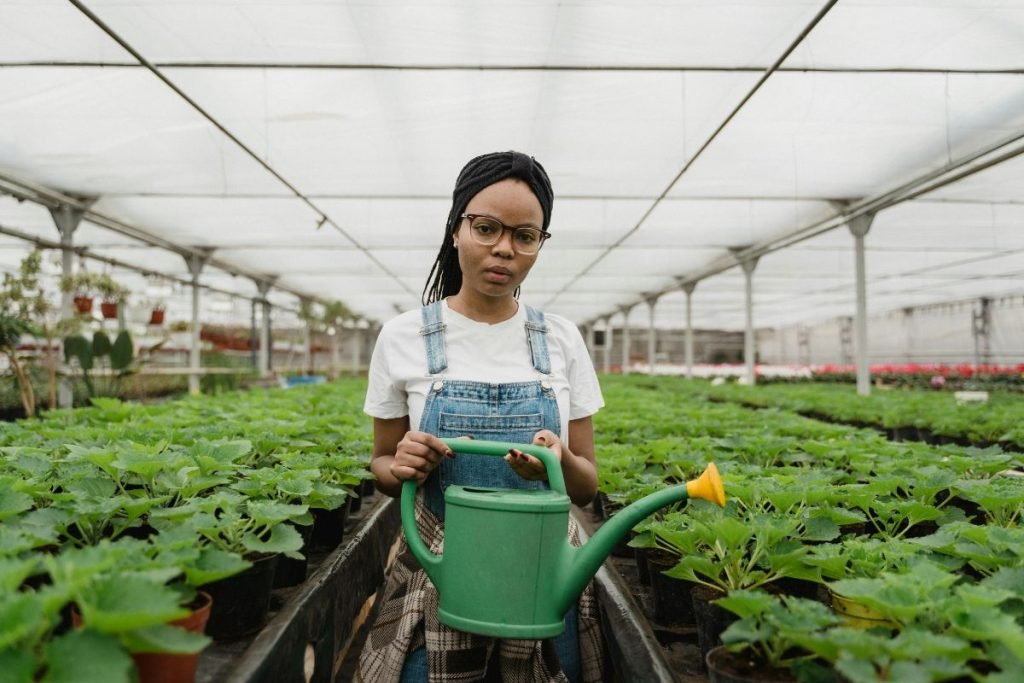In 2025, sustainable living is no longer a niche movement—it’s a global priority. Driven by climate change awareness, environmental responsibility, and consumer demand for ethical alternatives, people in Tier 1 countries like the US, UK, Canada, and Australia are rethinking how they live, consume, and engage with the world around them.
This shift is transforming lifestyle choices across the board—from what we eat to how we travel and even how we design our homes. Let’s explore how sustainable living is reshaping modern life in 2025 and what it means for our future.
1. Eco-Friendly Homes and Smart Living
A growing number of homeowners are embracing green building practices. In 2025, eco-friendly architecture includes:
- Energy-efficient appliances
- Solar panel systems
- Smart thermostats
- Recycled building materials
Homebuyers and renters are prioritizing properties with net-zero energy features, sustainable insulation, and green roofs. Smart technology now integrates with these sustainable systems to minimize waste and optimize energy consumption.
2. Rise of Conscious Consumerism
People are becoming more mindful of how their purchases impact the planet. Conscious consumerism in 2025 includes:
- Supporting ethical brands
- Choosing products with minimal packaging
- Opting for cruelty-free and vegan beauty items
- Buying from local businesses to reduce carbon footprints
Consumers are demanding transparency and sustainability from companies. Labels like Fair Trade, Certified B Corp, and Carbon Neutral have become deciding factors in purchase decisions.
3. Plant-Based Diets Go Mainstream
Sustainable eating habits are now central to lifestyle changes. In 2025, plant-based diets aren’t just for vegans—they’re embraced by the mainstream due to:
- Reduced environmental impact of plant-based foods
- Health benefits of consuming more whole foods
- Availability of plant-based meat and dairy alternatives
Even fast-food chains and fine-dining restaurants have expanded their sustainable menu options, helping more people reduce their carbon footprint through diet.
4. Minimalism and Intentional Living
Driven by the desire to consume less and live more meaningfully, minimalism continues to gain traction. In 2025, more people are:
- Decluttering their homes and digital lives
- Focusing on quality over quantity
- Prioritizing experiences over possessions
This lifestyle not only reduces waste but also promotes mental well-being by encouraging mindfulness and simplicity.
5. Fashion Gets an Ethical Makeover
The fast fashion backlash has led to the rise of slow fashion. In 2025, consumers are choosing:
- Clothing made from organic, recycled, or biodegradable fabrics
- Brands that ensure fair wages and safe working conditions
- Rental and resale platforms to extend product life
Trendy second-hand platforms and capsule wardrobes are making sustainable fashion both stylish and accessible.

6. Green Transportation Choices
With rising fuel costs and concerns about emissions, green transport is revolutionizing mobility:
- E-bikes and e-scooters are popular for short urban commutes
- Public transport systems are expanding and electrifying
- Carpooling and electric vehicle (EV) ownership are encouraged through government incentives
These changes help reduce traffic congestion, air pollution, and greenhouse gas emissions in major cities.
7. Mindful Tech Consumption
While we live in a digital age, 2025 brings a shift toward tech sustainability. People are now:
- Choosing devices from companies with ethical supply chains
- Recycling old electronics responsibly
- Reducing screen time to improve mental well-being and reduce power usage
Brands that focus on eco-conscious innovation, such as modular phone designs or solar-powered gadgets, are winning over consumers.
8. Sustainable Travel
Eco-tourism is shaping how people explore the world. In 2025, travelers are:
- Offsetting their carbon emissions
- Choosing eco-lodges and sustainable destinations
- Supporting local communities and avoiding mass-tourism hotspots
The trend favors low-impact travel experiences that prioritize cultural sensitivity and environmental protection.
9. Zero-Waste Lifestyles
The zero-waste movement is no longer just a trend—it’s becoming a standard. More households are committing to:
- Using reusable bags, containers, and utensils
- Buying in bulk to avoid plastic packaging
- Composting food scraps and reducing food waste
Communities are also creating infrastructure for refill stations, bulk grocery options, and recycling programs to support waste reduction.
10. Wellness with a Green Focus
Sustainable living also extends to personal wellness. In 2025, self-care is more eco-conscious with trends like:
- Organic skincare and chemical-free cosmetics
- Yoga and outdoor fitness to connect with nature
- Eco-friendly supplements and herbal remedies
Holistic health now includes consideration for the environment, merging inner well-being with planetary health.
Sustainable living is no longer a future concept—it’s the present. In 2025, people are making thoughtful choices about how they live, work, shop, and relax. These decisions are not just beneficial for the planet, but they also foster healthier, simpler, and more connected lifestyles.
As we continue to face global challenges like climate change, pollution, and resource scarcity, these shifts in lifestyle signal hope. Every conscious decision—from what you eat to how you get around—adds up. And in a world demanding urgent change, sustainable living is proving that individual choices can drive global transformation.

